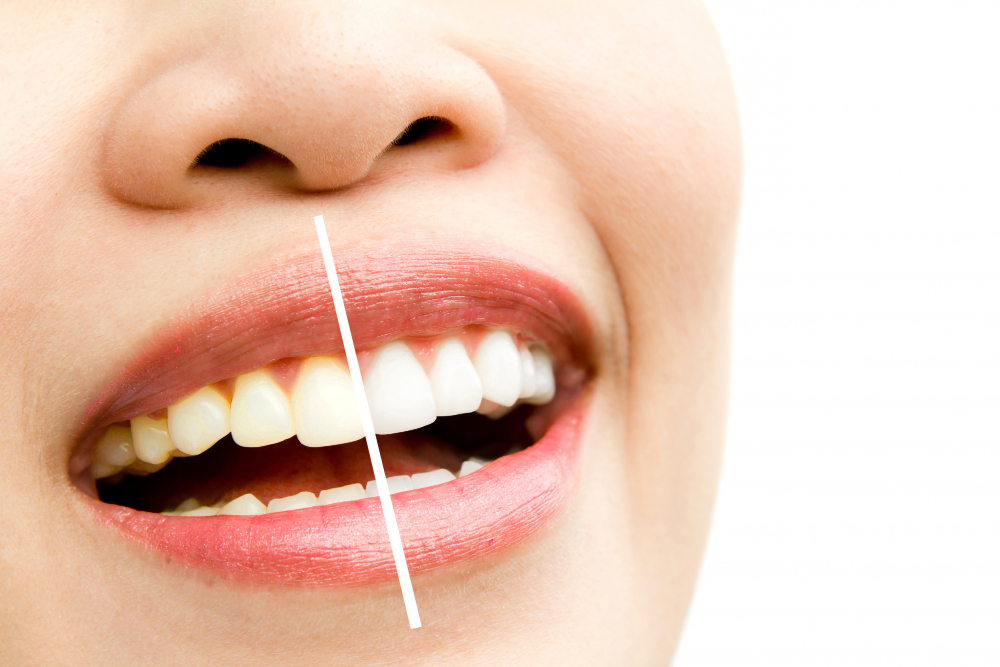What is Teeth Whitening?
Teeth whitening is a process that makes your teeth look brighter and whiter. Many people want a whiter smile, so teeth whitening has become very popular. In fact, you can find many products and treatments for this purpose. Teeth whitening removes stains and discoloration from your teeth. As a result, your smile can look healthier and more attractive. Dentists and experts agree that a bright smile often boosts confidence.
Common Causes of Tooth Discoloration
Many things can cause your teeth to lose their natural color. For example, some foods and drinks can stain your teeth. Smoking is another common cause. Over time, even aging can make teeth look dull. Here are some main reasons for tooth discoloration:
Because of these factors, many people look for the best teeth whitening options to restore their smile.
Professional Teeth Whitening Methods
Professional teeth whitening is done by a dentist. This method is often the safest and most effective. Dentists use stronger whitening agents than those found in stores. Usually, the process takes about one hour. Some common professional methods include:
Because these methods use safe products, they are less likely to harm your teeth or gums. The American Dental Association (ADA) recommends seeing a dentist for the best results.
At-Home Teeth Whitening Options
Many people choose to whiten their teeth at home. There are several safe teeth whitening methods you can try. Some popular at-home options include:
However, at-home products may take longer to show results. Always follow the instructions to avoid side effects.
Safety and Side Effects of Teeth Whitening
Teeth whitening is generally safe when done correctly. Still, some people may notice side effects. For example, you might feel tooth sensitivity or gum irritation. These effects are usually mild and go away after a short time. To stay safe, remember these tips:
The ADA suggests choosing products with their Seal of Acceptance. This means the product is safe and works as promised.
Tips for Maintaining Whiter Teeth
After whitening your teeth, you will want to keep them bright. There are simple steps you can follow. For example, brush your teeth twice a day and floss daily. In addition, try these tips:
Because good habits help, your teeth can stay whiter for longer. If you want to know how to keep teeth white, these steps are a great start.
Who Should Avoid Teeth Whitening?
While teeth whitening is safe for most people, some should avoid it. For example, children under 16 and pregnant women should not use whitening products. Also, people with sensitive teeth or gum disease may need to be careful. If you have dental work like crowns or fillings, whitening may not work on those areas. Always talk to your dentist before starting any whitening treatment.
In summary, teeth whitening can give you a brighter smile and boost your confidence. However, it is important to choose safe teeth whitening methods and follow aftercare tips. For the best advice, consult a dental professional for personalized teeth whitening advice.

